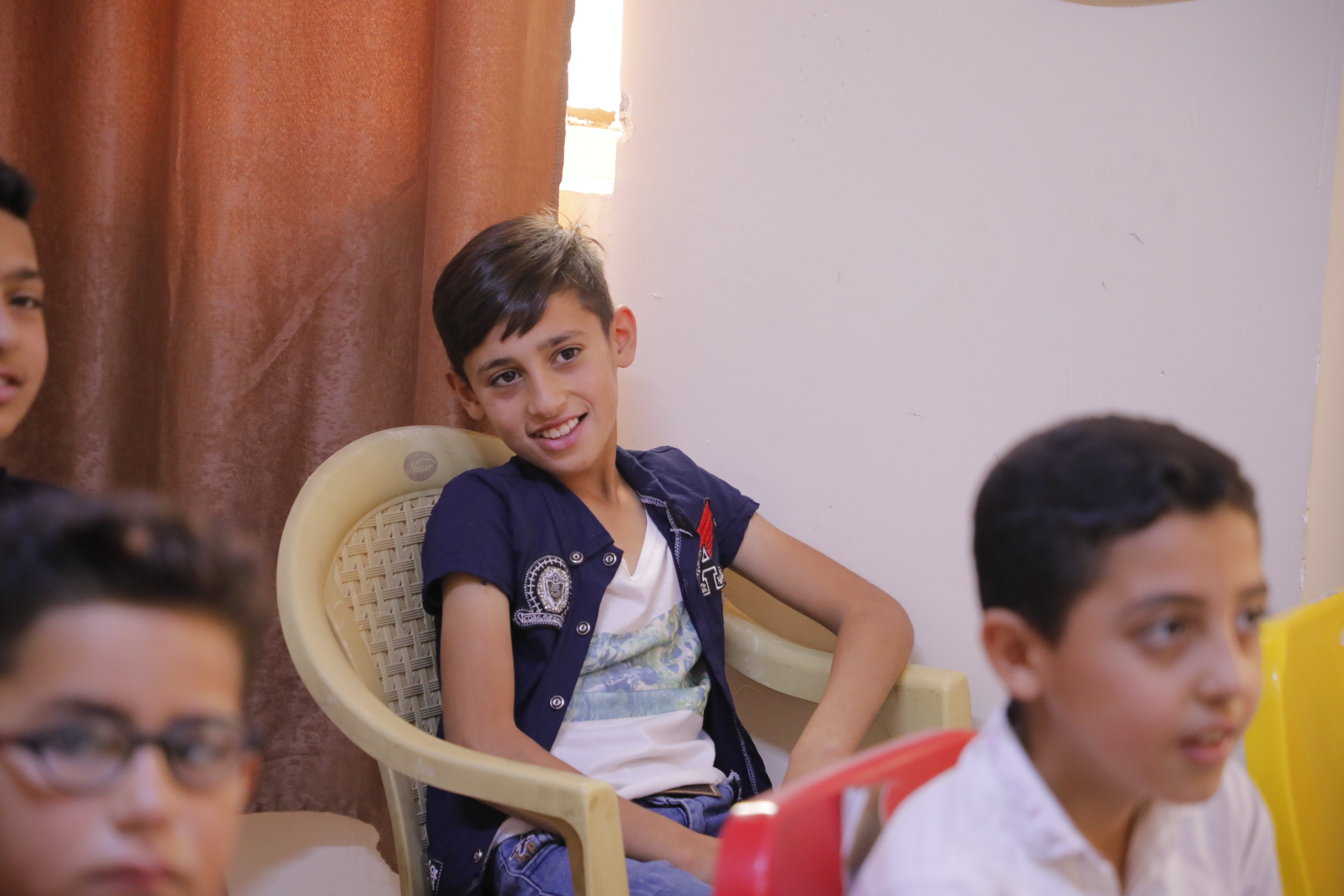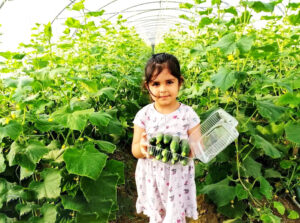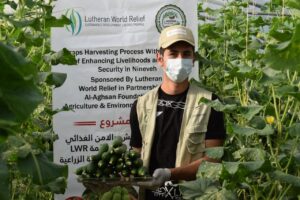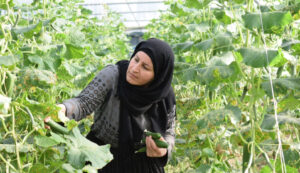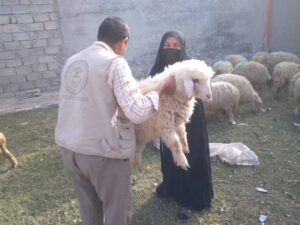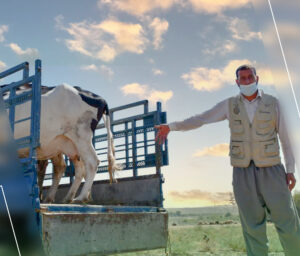Child protection
Every child has the right to live free from violence, exploitation and abuse
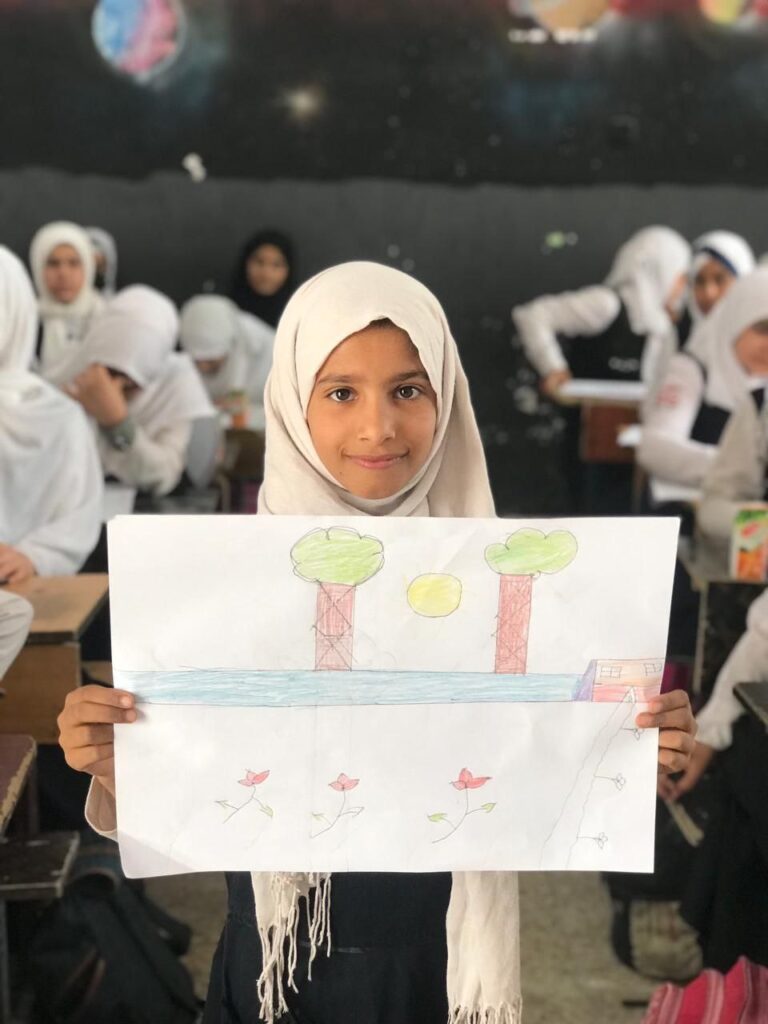
All children have the right to be protected from violence, exploitation and abuse. Hundreds of thousands of children in Iraq, including internally displaced children and refugees, need protection from violence, exploitation, abuse and neglect.
Justice for Children A lack of implementation of the law and a system that is retributive rather than restorative, including an overuse of deprivation of liberty, poor conditions and lack of services while in confinement, a low age of criminal responsibility, and a significant increase in the number of children detained since December 2015 creates a situation of significant deprivation for children in detention.
Gender Based Violence (GBV)Pervasive GBV against women and girls, and in particular sexual violence and exploitation, family violence, forced and child marriage, continue to take place. Fears of harassment, and stigmatization, including honour killing, remain real obstacles to seeking justice for GBV survivors.
Grave violations of child rights. Conflict related violence has continued unabated, exacerbated by years of conflict in the country. According to the UN’s Monitoring and Reporting Mechanism (MRM) in Iraq, killing and maiming of children is the most widespread grave violation of child rights. In addition, the UN has verified 271 cases of child recruitment and use of by parties to the conflict since 2014.
Unaccompanied children Over the course of the conflict, incidents of unaccompanied minors or children separated from their parents has seen a significant upward trend. In addition, at least 10% of children who are registered as being unaccompanied children are of foreign nationality Deprived of a caregiver, these children are among those most vulnerable to violence, exploitation, abuse and neglect.
Birth Registration for Children under ISIL Control Before the conflict, Iraq’s national birth registration rate was above 99%. However, the situation changed dramatically when ISIL took control of wide areas of Iraq. Children were born in areas under ISIL control where no official birth registration system was functional, and up to 25% of children under 5 in those locations have no documentation. This lack of civil documentation will have long term effects on children’s ability to access basic education, health, and social welfare services.
Lack of Child Protection Systems, Psychosocial Support and Case Management Services Hundreds of thousands of children have been exposed to violent conflict and displacement, with many experiencing multiple displacements which further exacerbates their vulnerability. High level of exposure to violence and displacement is detrimental to any child’s psychosocial well-being, and available psychosocial and mental health services are concentrated mostly in camps, and do not therefore meet Iraq’s growing needs
What we do
By 2025 children, adolescents and women, especially the most vulnerable, are protected from violence, exploitation, abuse and neglect, in accordance with international standards. The bottlenecks addressed by the programme include a weak and outdated legal framework, and an acute shortage of an experienced and well-trained social service/child protection workforce across mandated government departments (the Police and the Health, Justice, Education and Welfare Ministries, at national and local level).
Aghsan Foundation will provide support for improved quality multisectoral, gendersensitive child protection prevention and response services, case management and other specialized services for children without parental care. Specifically, social welfare and justice systems, schools and health facilities will be platforms to prevent and detect cases of abuse, violence and exploitation and play a role in promoting birth registration, preventing child marriage and ensuring referral and care for affected women, girls and boys, including those with disabilities.
Aghsan Foundation will provide crucial psychosocial support and referrals to specialized mental health services for children, adolescents and their caregivers to help them overcome their prolonged exposure to traumatic experiences. Communication for development strategies will promote improved practices at community level, create demand for services in education and health and reduce harmful practices such as violence against children, child marriage, female genital mutilation/cutting and gender-based violence.
Aghsan Foundation will continue to engage government and other key actors to halt and prevent grave child rights violations, especially killing and maiming. Aghsan Foundation will support strengthening of existing system for monitoring, reporting and responding to violations of child rights in armed conflict, including prevention, rehabilitation and reintegration.
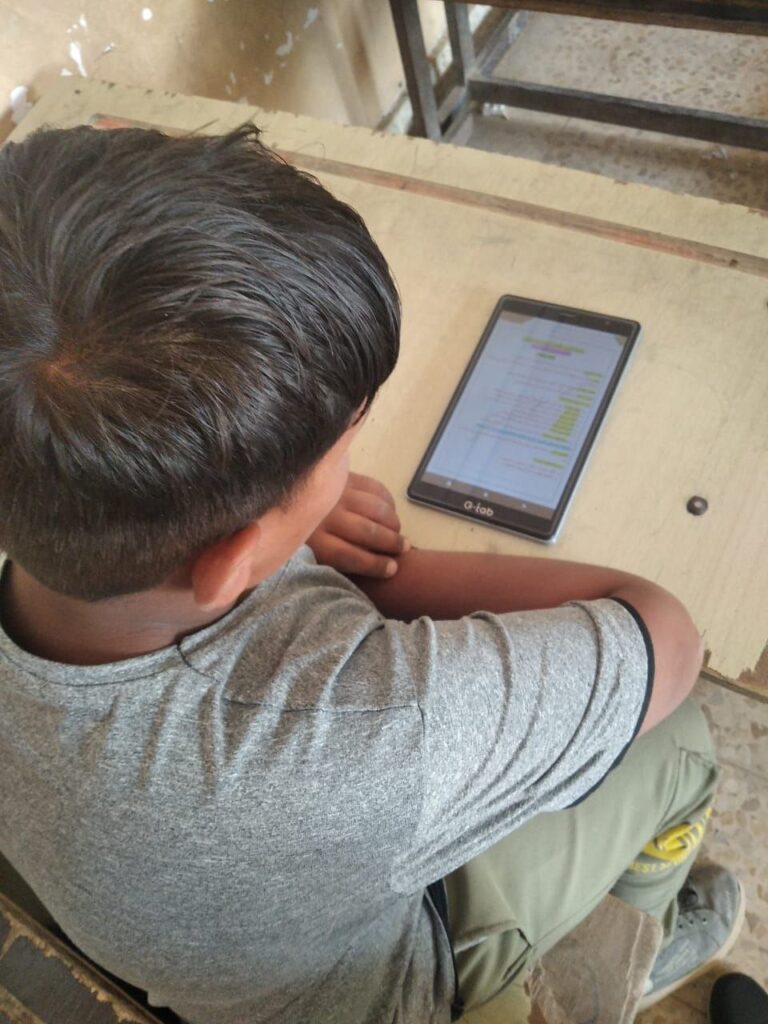
Our programmes

Aghsan Foundation
Every child has the right to live free from violence, exploitation and abuse.
Dr. khalid Asal
Aghsan Foundation
Children experience insidious forms of violence, exploitation and abuse and in many cases, children suffer at the hands of the people they trust.
Dr. khalid Asal

Dr. khalid Asal
Aghsan Foundation
During armed conflict, natural disasters and other emergencies, children may be forced to flee their homes, some torn from their families and exposed to exploitation and abuse. They may be recruited by armed groups.

Aghsan Foundation
The Aghsan Foundation works to protect children from violence, exploitation and abuse. We partner with governments, NGOs and communities to prevent all forms of violence against children and to support survivors.
Dr. khalid Asal
BEST QUALITY
Our Goal is the Help !
Our child protection teams work to keep children safe around the Iraq regardless of who they are or where they are from. We help children who are moving across borders, living on the streets or in refugee camps. We focus on children at heightened risk, including girls who are forced into child marriages, or young boys and girls who are forced into dangerous working conditions or recruited as child soldiers.
